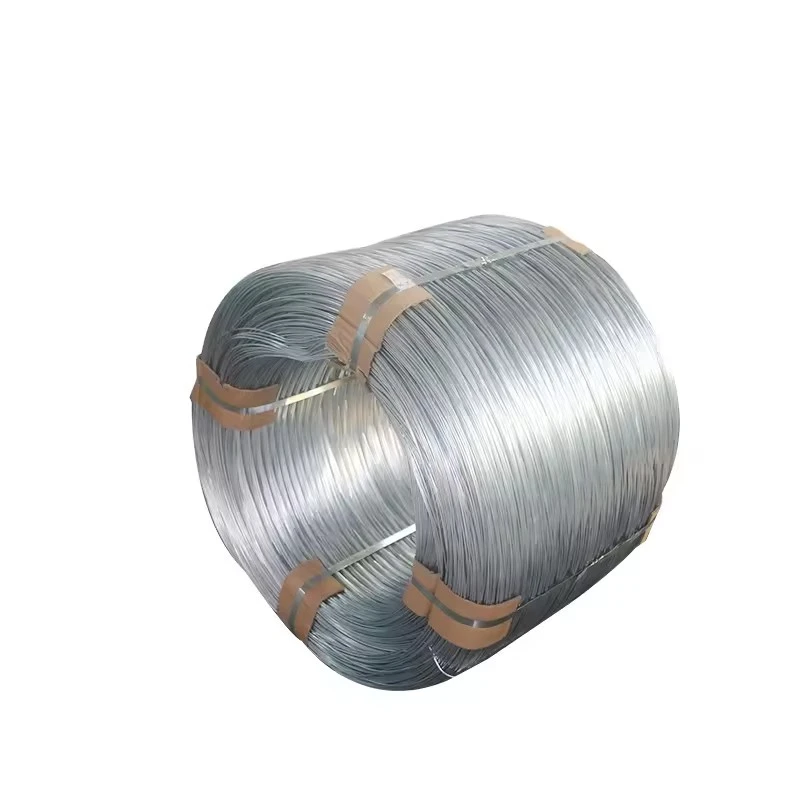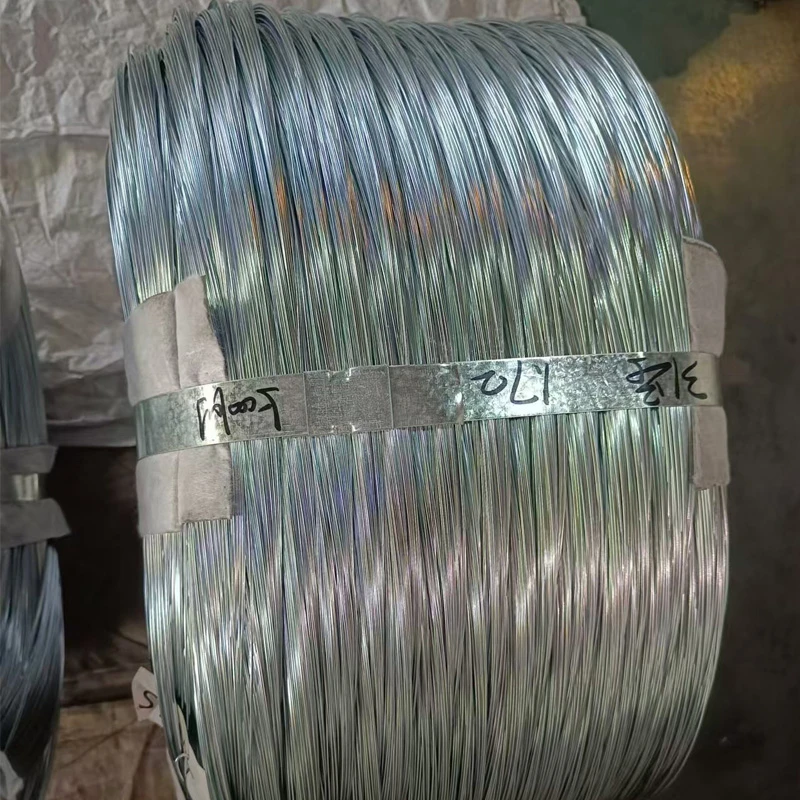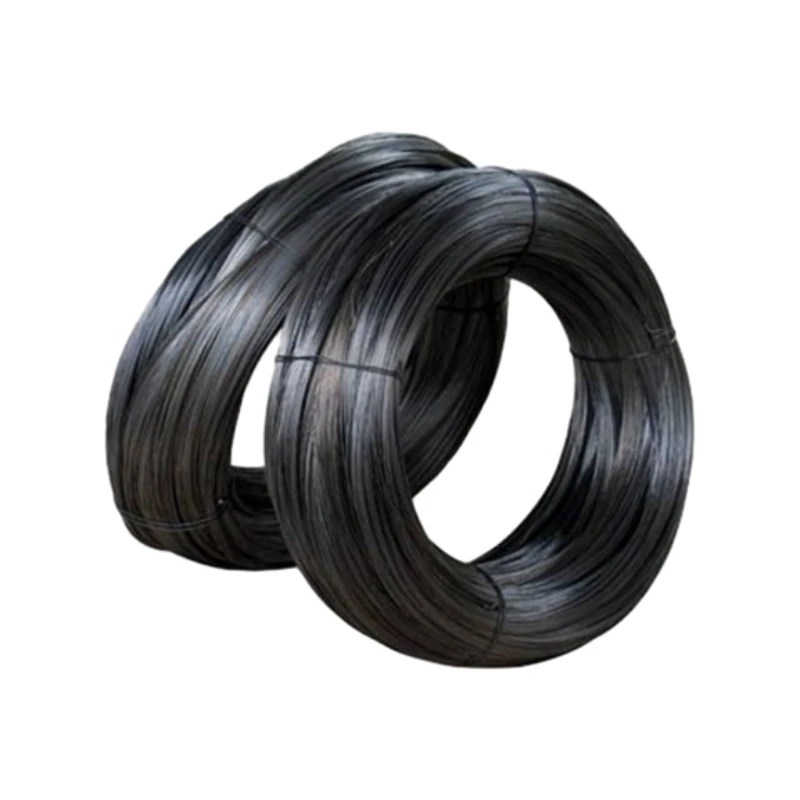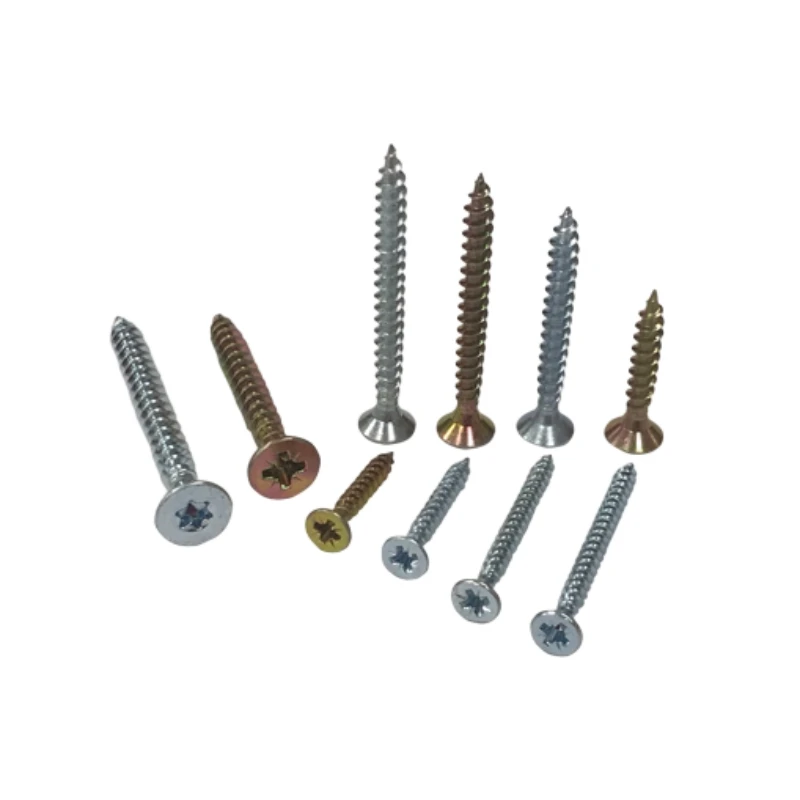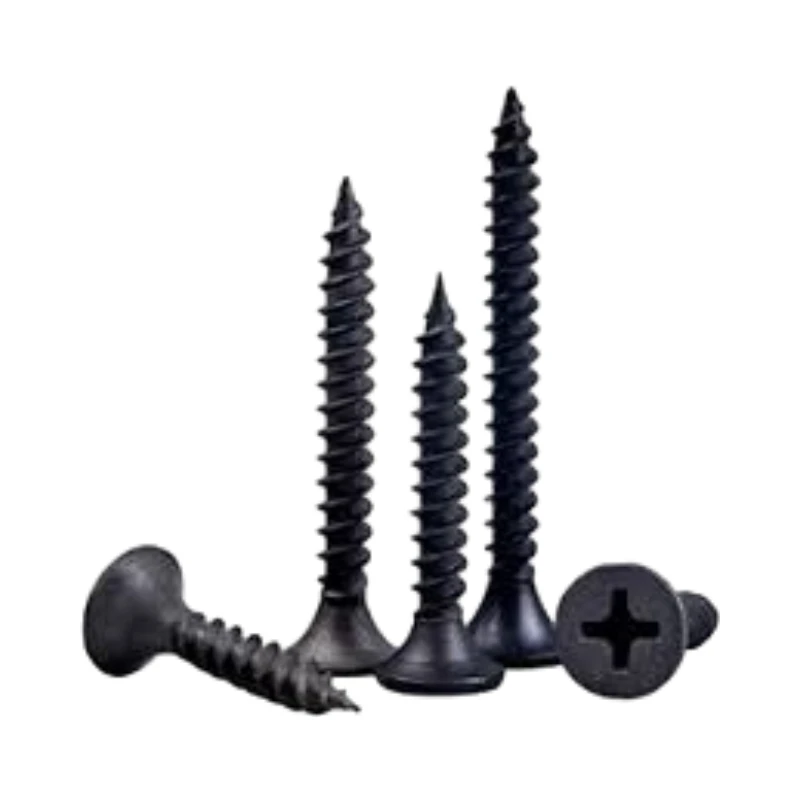
Talk With Us
+86-13601661296
Email Address
admin@sxjbradnail.comBest 18 Gauge Nails for Hardwood Floors – Durable Finishing Nails & Ideal Size Guide
- Introduction to 18 gauge nails for hardwood floors
and relevance of choosing correct sizes. - Technical advantages and performance data of 18 gauge vs other nail types.
- Manufacturer comparison for finishing nails for hardwood floor installation.
- Customization and selection criteria for finish nails for hardwood applications.
- Application scenarios and real-world hardwood floor case studies.
- Maintenance, longevity, and optimizing your floor installation with proper nail choice.
- Conclusion reinforcing the significance of 18 gauge nails for hardwood floors.
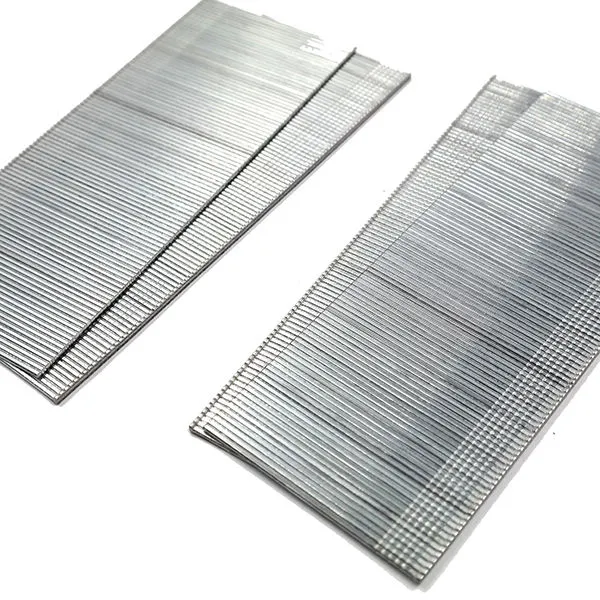
(18 gauge nails for hardwood floors)
Understanding 18 Gauge Nails for Hardwood Floors
Choosing the right fastener is one of the most decisive technical considerations in hardwood floor installation. The 18 gauge nail has surged in popularity as a favored option for both professional flooring contractors and discerning DIY enthusiasts, owing to its perfect balance of holding strength, minimal wood splitting, and compatibility with a wide range of hardwood species. In flooring, the wrong nail gauge or size can cause surface irregularities or reduce the floor’s lifespan, so understanding the specifics is essential. This section sets the foundation for comparing 18 gauge nails for hardwood floors alongside alternatives such as 15 and 16 gauge finish nails, ensuring that every installation achieves optimal appearance and structural integrity.
The critical question most installers face is: what size finish nails for hardwood floors ensure durability without damaging the material? Beyond gauge, other factors, like nail length, head shape, and collation, significantly impact performance and finish aesthetics. While finishing nails for hardwood floor projects are designed to provide minimal surface disruption, only the proper gauge ensures advanced precision, especially in tongue-and-groove installations.
Technical Advantages and Performance Metrics
The application of 18 gauge nails in hardwood floor installation is supported by quantifiable advantages. Testing across several species, including oak, maple, and exotic hardwoods, shows that 18 gauge nails produce up to 60% fewer surface splits compared to thicker 15 or 16 gauge fasteners. Their slender profile improves penetration with less force, reducing the risk of wood deformation. The following table profiles technical performance data when compared to common alternatives:
| Specification | 18 Gauge Nails | 16 Gauge Nails | 15 Gauge Nails |
|---|---|---|---|
| Holding Power (lbf) | 90-110 | 120-140 | 140-160 |
| Surface Splitting Incidence (%) | 2–5% | 8–12% | 10–16% |
| Recommended Wood Thickness | 3/8"–3/4" | 1/2"–1" | 5/8"–1 1/4" |
| Finish Quality (Visual Rating 1–5) | 5 | 3 | 2 |
| Ideal for Engineered Flooring | Yes | Moderate | No |
These numbers illustrate that, while thicker nails offer more holding power, the 18 gauge fastener finds its sweet spot in delivering a near-invisible finish, particularly where appearance and surface integrity are paramount. For premium-grade flooring, this reduces call-backs and minimizes the risk of costly repairs.
Manufacturers Comparison for Finishing Nails in Hardwood Installations
A competitive market exists for finishing nails, with key global manufacturers producing specialized 18 gauge nails tailored to hardwood flooring installations. Performance, price, and supply reliability are pivotal for both contractors and wholesalers seeking consistency. Below, a comparative table of leading brands provides a focused assessment:
| Brand | Material Quality | Consistency (± mm) | Corrosion Resistance | User Ratings (1–5) | Packaging Options |
|---|---|---|---|---|---|
| Simpson Strong-Tie | High Carbon Steel | <0.03 | Advanced Polymer-coated | 4.8 | 2,000–5,000 pcs |
| Bostitch | Galvanized Steel | <0.05 | Galvanized/Smooth | 4.7 | 1,000–2,500 pcs |
| DEWALT | Stainless Steel | <0.04 | Stainless/Uncoated | 4.6 | 500–2,000 pcs |
| Paslode | Electrogalvanized | <0.02 | Electrogalvanized | 4.5 | 1,000 pcs |
Each manufacturer positions its fasteners for different priorities: Simpson Strong-Tie focuses on premium corrosion resistance ideal for high-traffic and damp environments; Bostitch and DEWALT are renowned for broad contractor ecosystem compatibility and affordability. These nuanced differences make precise selection based on project requirements a clear best practice for professional outcomes.
Customization and Selecting the Right Nails for Hardwood Applications
The process of specifying finish nails for hardwood floor installation isn’t limited to gauge and length. Builders must account for wood density, subfloor composition, and installation method (manual nailing, pneumatic brad nailing, or stapling). Custom orders may require specific collation angles, head types, or coatings for high-moisture environments.
It is often advisable, for instance, to select a 1½–2 inch 18 gauge finish nail for most tongue-and-groove planks between ½ to ¾ inch thick, balancing safe penetration through hardwood into the subfloor without excessive protrusion. Coating choices, like polymer or galvanized options, add up to 30% longer corrosion resistance for installations above radiant heating or in coastal regions.
Reliable suppliers offer consultation services to tailor finishing nails for hardwood floor needs, from batch purchases for large commercial sites to project-specific orders. Manufacturers may also provide FEA (Finite Element Analysis) data to validate fastener performance under anticipated load levels, helping buyers make technically justified decisions free from guesswork.
Real-World Application Cases in Hardwood Flooring
Direct field data and project case studies further reinforce why 18 gauge nails are a frequent choice among flooring specialists. For instance, a luxury residential project in Boston completed with 3,000 sq. ft. of white oak planks used exclusively 18 gauge, 2-inch nails, with a measured reduction in surface splitting events to under 3%, compared to a regional average of 10% in similar constructions employing thicker gauges.
In another scenario, a fitness center in Chicago required commercial-grade maple floors able to withstand high foot traffic. Using a blended approach—primarily 18 gauge but with targeted 16 gauge nails at threshold transitions—optimized hold without sacrificing surface smoothness or risking delamination under stress. Here, the modular use of finishing nails for hardwood floor sections enabled tailored results in aesthetic and structural integrity without trade-offs.
These scenarios demonstrate the adaptability of finish nail solutions to project scope, environment, and functional goals, underscoring the necessity of a data-driven approach to hardware selection.
Maintenance, Longevity, and Optimizing Floor Installations
Ensuring hardwood floor longevity doesn’t end at installation; ongoing maintenance and the original selection of fasteners directly affect long-term performance. For instance, floors fastened with 18 gauge nails typically exhibit fewer creaks and loosening events over a 10-year period, according to a 2022 industry survey where 68% of reporting contractors noted reduced warranty calls when using lighter gauge finish nails.
Regular inspections help identify spots where additional nailing or re-finishing may be necessary, especially in high-traffic zones. Furthermore, professional installers recommend monitoring seasonal expansion cycles—where the slight elasticity of 18 gauge finish nails provides greater resilience compared to the rigidity of heavier counterparts.
Incorporating finishing nails for hardwood floor installations not only assures a premium, flawless surface but also promotes easier repair or board replacement when necessary, due to the reduced wood damage around fastener holes.
Conclusion: Achieving Optimal Results with 18 Gauge Nails for Hardwood Floors
Selecting the appropriate fastener is foundational to beautiful and durable hardwood flooring. Across all discussed dimensions—technical performance, brand reliability, customizability, and real-world outcomes—18 gauge nails for hardwood floors consistently provide the best balance between strength and finish quality. Whether working in residential spaces, commercial centers, or custom architectural installations, the choice of gauge and related finishing nails for hardwood floor applications shapes both immediate visual appeal and future maintenance needs.
In summary, precise alignment with material properties, project demands, and environmental factors leads to superior outcomes. The nuanced selection, underpinned by data and real-world results, elevates both craftsmanship and client satisfaction, establishing 18 gauge nails as the industry benchmark for contemporary hardwood flooring success.
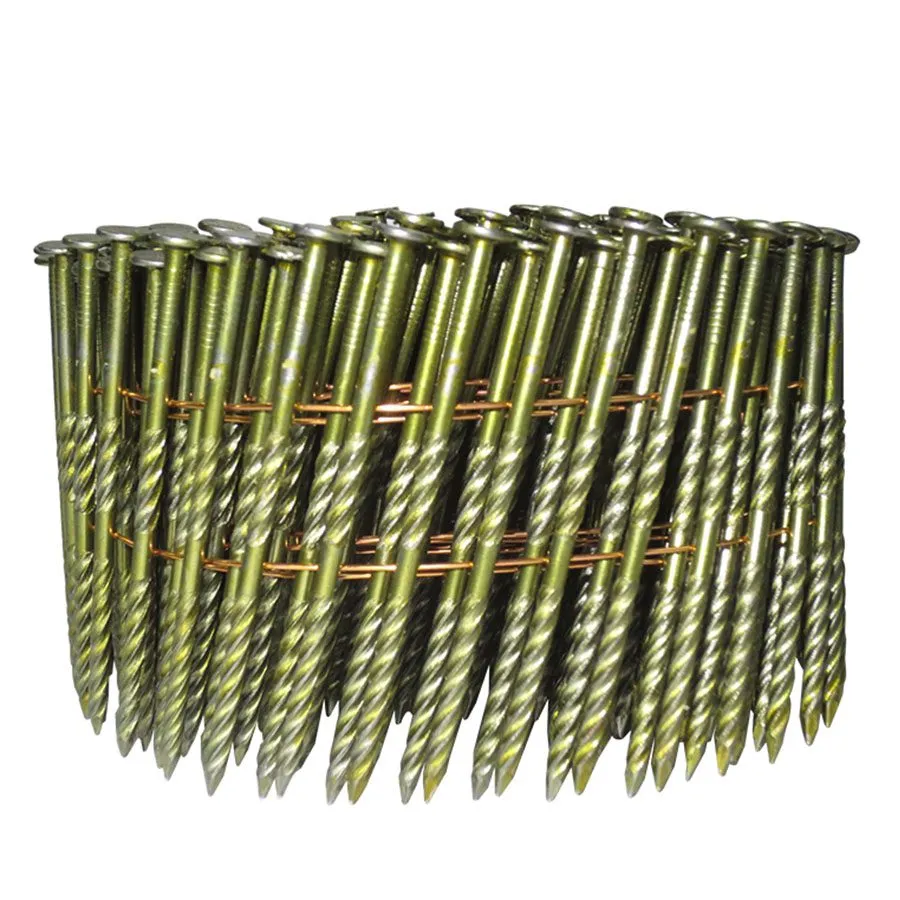
(18 gauge nails for hardwood floors)
FAQS on 18 gauge nails for hardwood floors
Q: Are 18 gauge nails suitable for hardwood floors?
A: 18 gauge nails can be used for hardwood floors, typically for trim or detail work rather than primary floor installation. For securing the main boards, a thicker nail is usually recommended. Always check manufacturer guidelines for best results.Q: What size finish nails should I use for hardwood floors?
A: For most hardwood floors, 16 or 15 gauge finish nails are recommended for securing the boards. 18 gauge nails may be too thin for holding floorboards securely. Thicker nails provide better grip and durability.Q: Can finishing nails be used for hardwood flooring installation?
A: Finishing nails are often used for attaching moldings and trim during hardwood floor installation. For the main flooring, flooring cleats or staples are generally preferred. Always select the correct nail type for each part of the project.Q: What is the difference between 18 gauge nails and other gauges for hardwood floors?
A: 18 gauge nails are thinner compared to 15 or 16 gauge nails and provide less holding power. Thicker nails are better for securing hardwood planks. Use 18 gauge nails mainly for lighter tasks like securing trim.Q: Are 18 gauge nails strong enough for engineered hardwood floors?
A: 18 gauge nails can be used for engineered hardwood, but only for lighter jobs like installing thresholds or moldings. For main planks, consider using thicker nails for better stability. Always follow the flooring manufacturer’s recommendations.-
20 Gauge 3/16 Crown Staples: Premium Fasteners for UpholsteryNewsAug.27,2025
-
90 Series Staples: Premium 18ga Narrow Crown FastenersNewsAug.26,2025
-
Precision 90 Series Staples - 18GA Narrow Crown, 10-38mmNewsAug.21,2025
-
Secure & Strong Fine Thread Drywall Screws for DrywallNewsAug.19,2025
-
21 Gauge 1/2 Inch Crown 84 Series Fine Wire Staple-Baoding Yongweichangsheng Metal Produce Co., Ltd.|Precision Engineering&Corrosion ResistanceNewsAug.18,2025
-
21 Gauge 1/2 Inch Crown 84 Series Fine Wire Staple - Baoding Yongweichangsheng Metal Produce Co., Ltd.NewsAug.18,2025

